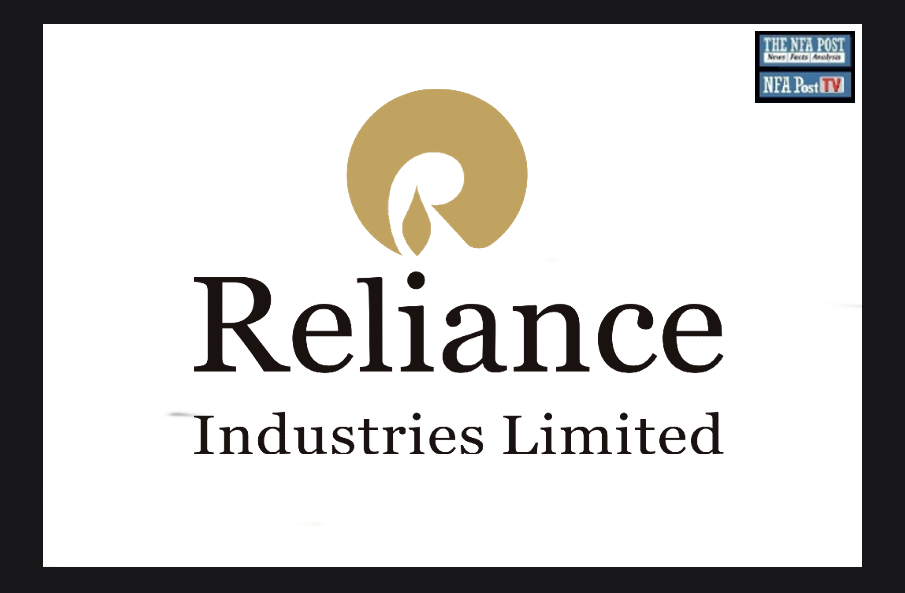RIL aims to fund capex from its own cash flows and maintain net debt to Ebitda (earning before interest, tax, depreciation and amortisation) at less than 1 times (0.6x in FY23)
Mumbai, NFAPost: Reliance Industries Ltd (RIL) may by 2030 earn $10-15 billion from its new energy business but will need acquisitions or partnerships to make up for limited expertise in technology, said a report by Sanford C Bernstein.
“By 2030, we estimate RIL could capture 60 per cent, 30 percent and 20 per cent of solar, battery and hydrogen target market respectively. RIL plans to have 100GW of installed solar capacity by 2030 which is 35 per cent of India’s targeted capacity of 280 GW but represents 50 per cent incremental share,” said the US-based securities firm.
RIL aims to fund capex from its own cash flows and maintain net debt to Ebitda (earning before interest, tax, depreciation and amortisation) at less than 1 times (0.6x in FY23). The conglomerate’s free cash flow will turn positive in FY24 and reach Rs 1 trillion by FY27, it said.
“Based on our assumptions, we estimate RIL can achieve around $10-15 billion of revenue from New Energy business in 2030 which represents roughly 40 per cent of the market. Our assumptions for the New Energy business target market are aligned with current domestic energy policies and our expectation of India’s EV adoption in India,” said Bernstein.
Reliance has the balance sheet and relationships, but it lacks technology and manufacturing knowledge in green energy. “While it is easy to dismiss their ability to pull it off, Reliance has shown they can move into new verticals successfully. We think the same is true here. Reliance however cannot afford to spend a year in R&D and instead have to make strategic investments in key companies which will enable them to start building capacity in India,” it said.
The biggest risk for investors is that Reliance has limited expertise in technology for batteries, fuel cells, solar PV or electrolyzers. “This will have to be acquired through investments or partnerships with key technology leaders. It also has no experience in mass manufacturing of new energy equipments.
But then again, Reliance had no expertise in telecoms or retail before it entered these industries. Reliance is not the only company from the chemical or refining industry to make the transition into new energy. LG Chem and SK Innovation, both with backgrounds in refining and petrochemicals, are now amongst the largest battery makers in the world in terms of capacity,” it said.
To be successful would require decades of investment in R&D: an approach the company is unlikely to take. Reliance is instead partnering industry players, but it is “somewhat a surprise” that such deals have not been with leaders in batteries and hydrogen, the report said.
Reliance has already invested over $1.5 billion across new energy partnerships and acquisitions since announcing its New Energy investment plans in June last year.
Reliance has committed to being net zero by 2035, which is earlier than any other energy company in the region.





